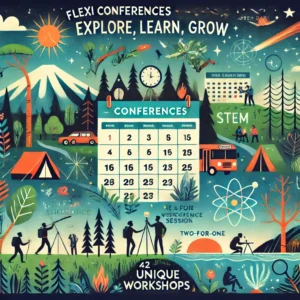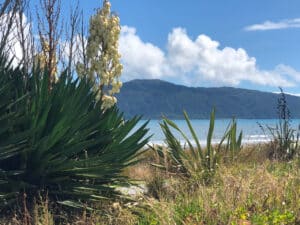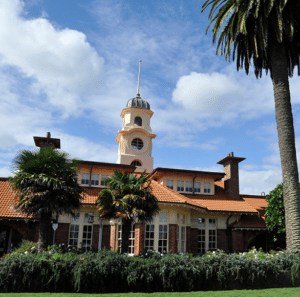
Your Adventure Starts Here
Welcome
to Field Based Stem
Specialist support for field-based local curriculum
We provide Professional Learning Development (PLD) for teachers and specialise in field-based professional development.
Work directly with real scientists or people who made a career in the scientific community!
Why Work
With Us
discover what is possible
You have a choice to work with specialised scientists and science communicators who spent their careers in the scientific community.
Every one of us will be delighted to provide you with complementary information to what you already have, and tailor it to your needs.
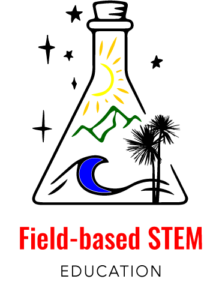
We are Professional Experts
We each are specialised scientists and science communicators.
We understand the New Zealand school system
We understand the constraints that you have to work with.
We treasure your time
You know better than anyone how to teach your students. We bring experts so you can draw inspiration from real life experiences.
We don't create more work for you
There is no hidden work agenda, no extra work for you to fill in.
We go outside!!
We love being outside and our entire work philosophy is based on this fact.
IT'S FREE
The professional development programme is provided by the Ministry of Education and comes free for your school.
Our Programmes
Field-Based Stem Localised Curriculum
Freshwater studies | Coasts & Estuaries | Bush | Lakes & Wetlands
The places we go
Space & Astronomy | Bugs | Rocks & Fossils | Citizen Science
The things we do
Predator Free 2050 | Climate Change Education | GIS | NCEA Changes
The plans we hope for
Our Events and conferences
Field-Based Stem Localised Curriculum
First time applying?
What you need to know
The Ministry of Education funds teacher professional learning through its Regionally Allocated PLD initiative. MoE has some priorities eg STEM, Local Curriculum Design, and mātauranga Māori.
Successful applications can be for a few hours to support an individual, up to 80 hours to support a department, 200 hours for a school, or even 500 hours to support a cluster of schools.
These hours can be used in classroom settings with all of your class or on field trips with your class. They can also be used one on one with teachers. In addition to being available during standard school hours, Field-Based STEM is available after school, on weekends, and on holidays.
Workshops for you

Science in the Kitchen: Exploring the Nature of Science – Workshop 2: Yeast in action
Investigate the biology of yeast through hands-on experiments exploring cellular respiration, fermentation, osmotic regulation and homeostasis.

Science in the Kitchen: Exploring the Nature of Science – Workshop 1: How the Cookie Crumbles
Learn how to turn a simple cookie recipe into a dynamic science lab.
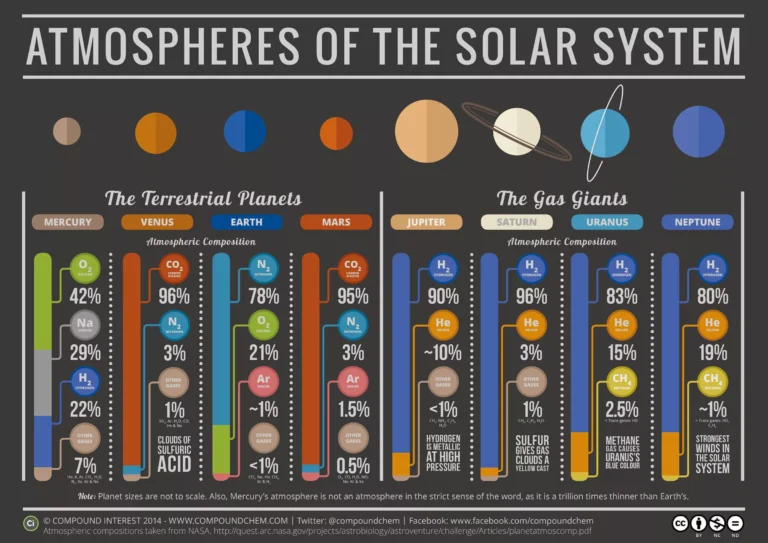
Planetary Science – Atmospheres of the Solar System
This workshop will examine the atmospheric column on Venus, Earth and Mars and how energy is moved around the atmospheres of these planets and the impact this has on the surface.
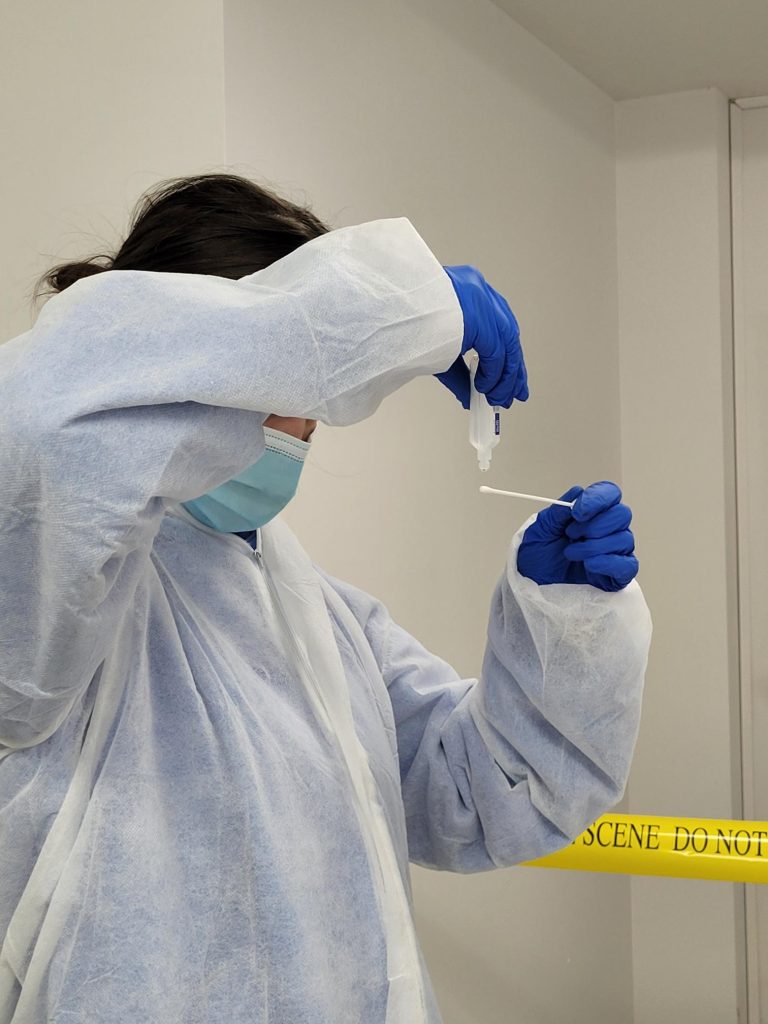
‘Court’ by Forensics (Law)
We will discuss the legal system’s reliance on forensic science evidence in criminal cases and the admissibility of forensic evidence.
differs from DNA profiling. The many types of powders and chemicals that can be used to develop fingerprints from a multitude of substrates. We will then introduce
our very own

Controversy in Conservation
Running through the ethical considerations in conservation activities.

Exploring Evolution at the Zoo. Workshop 3: Becoming Human – Tracing Our Evolutionary Roots
Visit the zoo’s primate exhibits to compare species, apply taxonomic tools, and uncover key milestones in human evolution.

Exploring Evolution at the Zoo. Workshop 2: The Art of Deception and Desire – Mimicry and Sexual Selection
Explore phenomena like mimicry, trade-offs, and the role of sexual selection through observation-based activities.
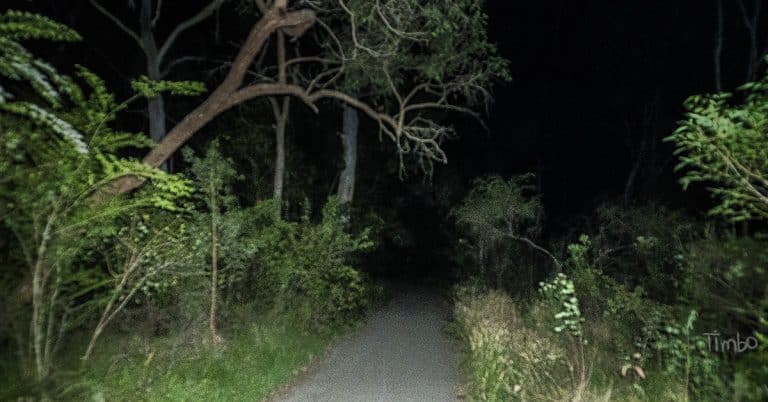
Night Stalkers: Tracking Predators and Protecting Wildlife – AFTER DARK
Participants will set ink tunnels and chew cards to detect predator activity, explore possum markings, and uncover signs of hedgehogs and rats under the cover of darkness.



